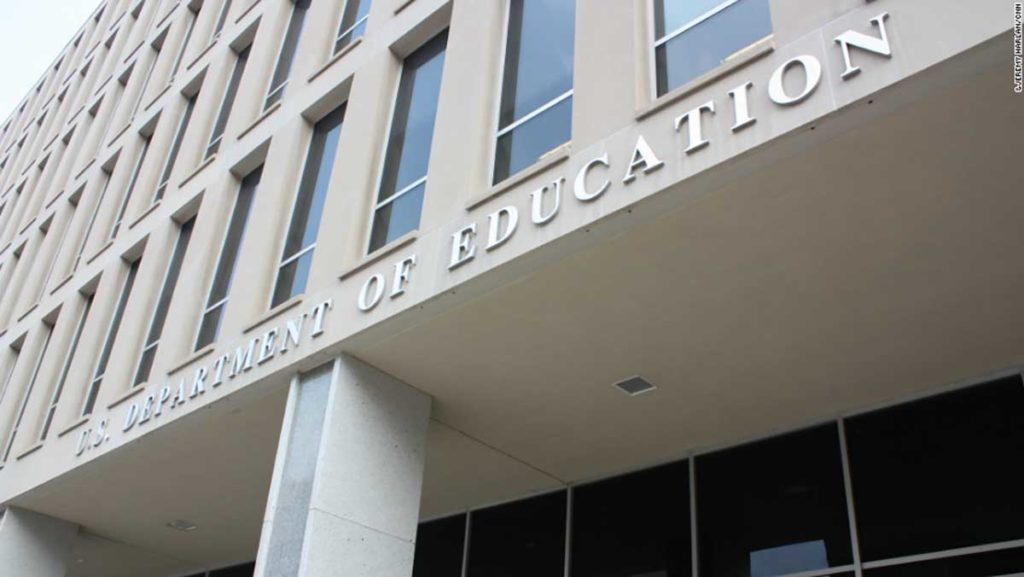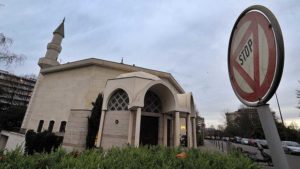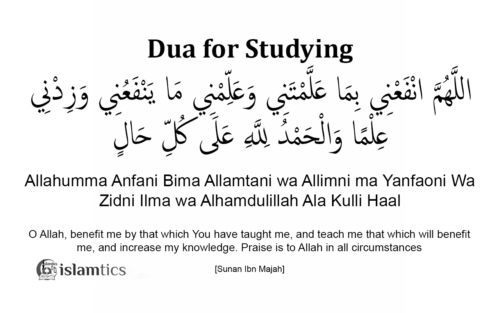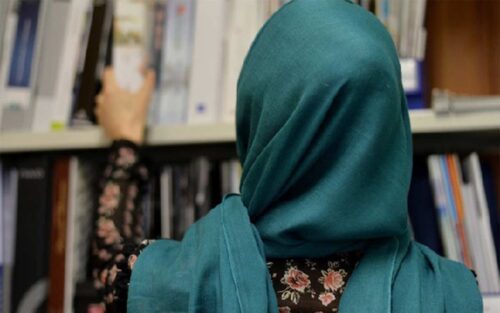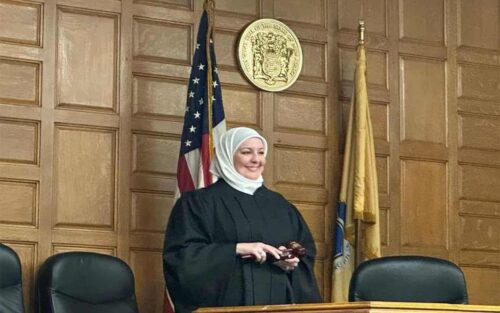The Trump administration is threatening to cut funding for a Middle East studies program run by the University of North Carolina and Duke University, arguing that it’s misusing a federal grant to advance ‘‘ideological priorities’’ and unfairly promote ‘‘the positive aspects of Islam’’ but not Christianity or Judaism.
The administration claims the course has “critical shortcomings and impermissible biases”, with “very little serious instruction” on national security and instead “considerable emphasis” on the “positive aspects of Islam”.
An Aug. 29 letter from the U.S. Education Department orders the Duke-UNC Consortium for Middle East Studies to revise its offerings by Sept. 22 or risk losing future funding from a federal grant that’s awarded to dozens of universities to support foreign language instruction. The consortium received $235,000 from the grant last year, according to Education Department data.
The program “should not be funded or subsidized in any way by American taxpayers” unless the courses “clearly demonstrate that such programs are secondary to more rigorous coursework helping American students to become fluent Farsi speakers and to prepare for work in areas of national need”, according to the letter.
The Department also accuses the program of having a “lack of balance” in its discussion of Islam, “while there is an absolute absence of any similar focus on the positive aspects of Christianity, Judaism, or any other religion or belief system in the Middle East”.
Education secretary Betsy DeVos ordered the investigation in June following a complaint from Republican North Carolina congressman George Holding alleging “severe anti-Israel bias and antisemitic rhetoric” at a consortium-hosted conference. The March conference discussed “Conflict Over Gaza: People, Politics, and Possibilities” at UNC.
The letter didn’t confirm those allegations but asserted that the programme advances “narrow, particularized views of American social issues”.
The US National Resource Centre programme was founded in 1965 to offer federal funding for language and culture programming for students entering careers in diplomacy and national security. The National Resource Centre awarded $22 million in grant funding to language courses at 40 universities last year; the Duke-UNC Consortium for Middle East Studies received $235,000 from federal grant funds last year.
Academics have warned that creeping political interest into academia could endanger other programmes that receive similar funds.
Henry Reichman, chairman of a committee on academic freedom for the American Association of University Professors, told the Associated Press that “the odour of right wing political correctness that comes through this definitely could have a chilling effect”.


